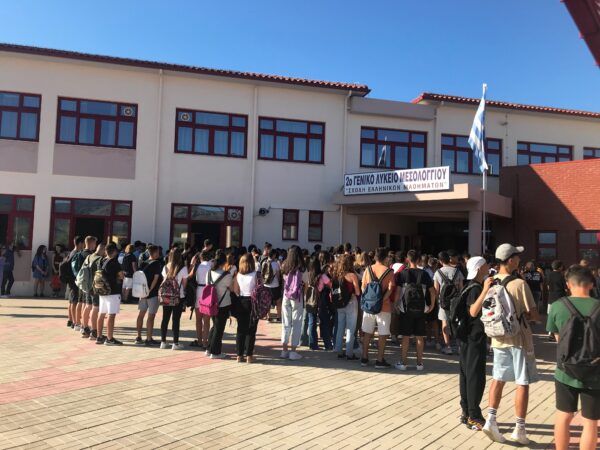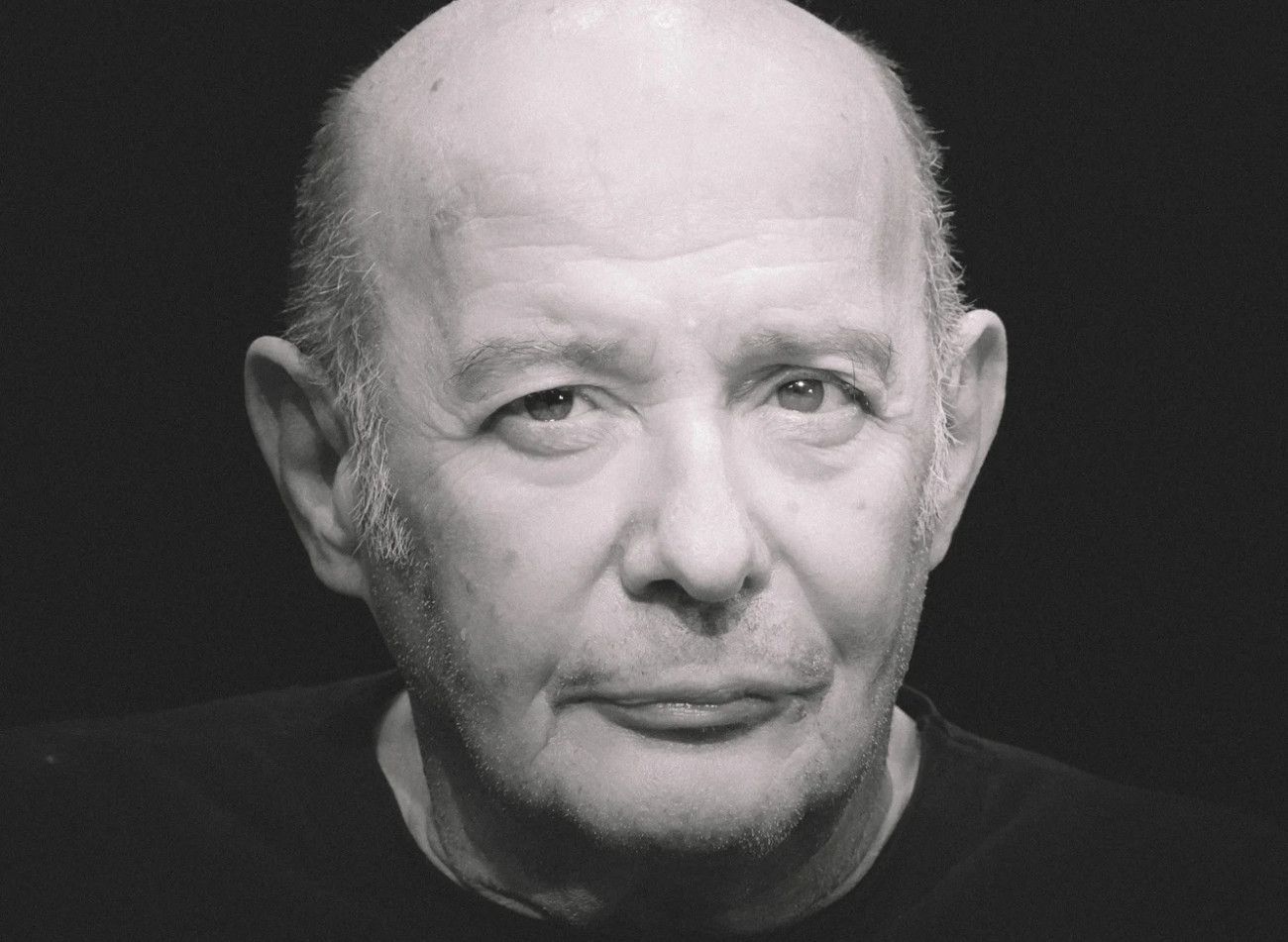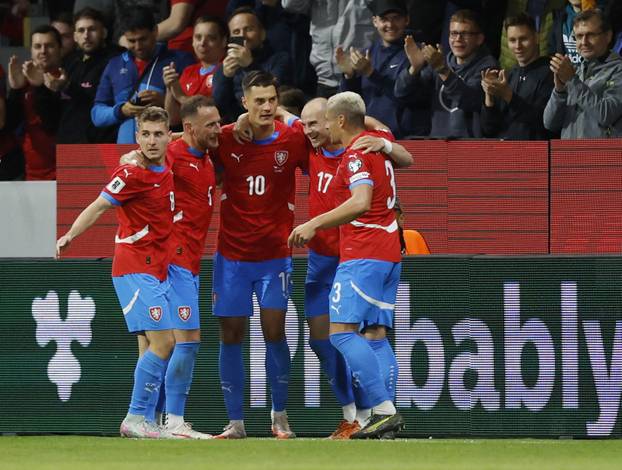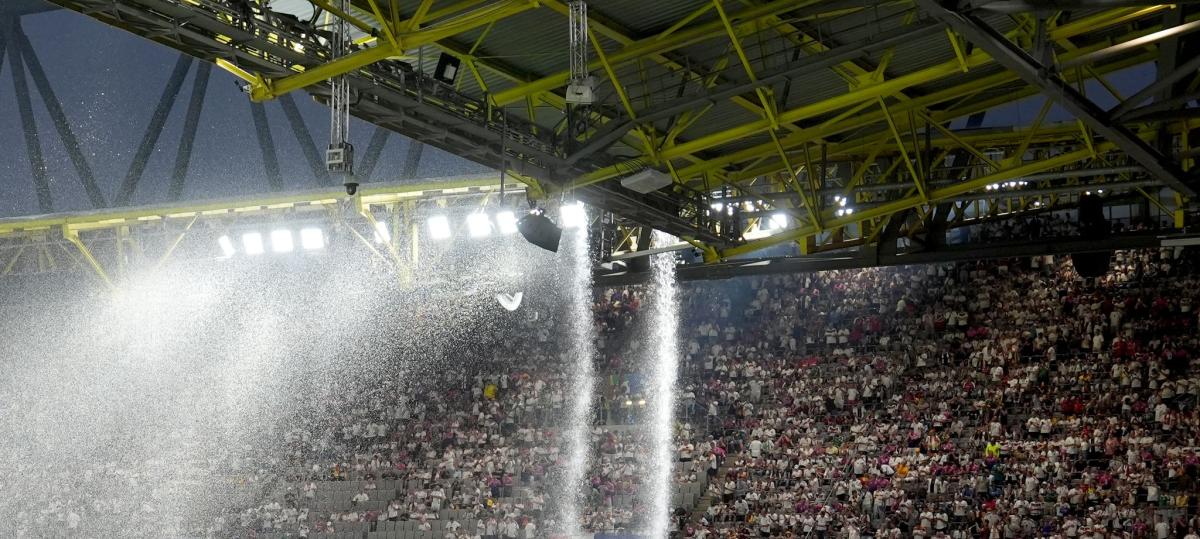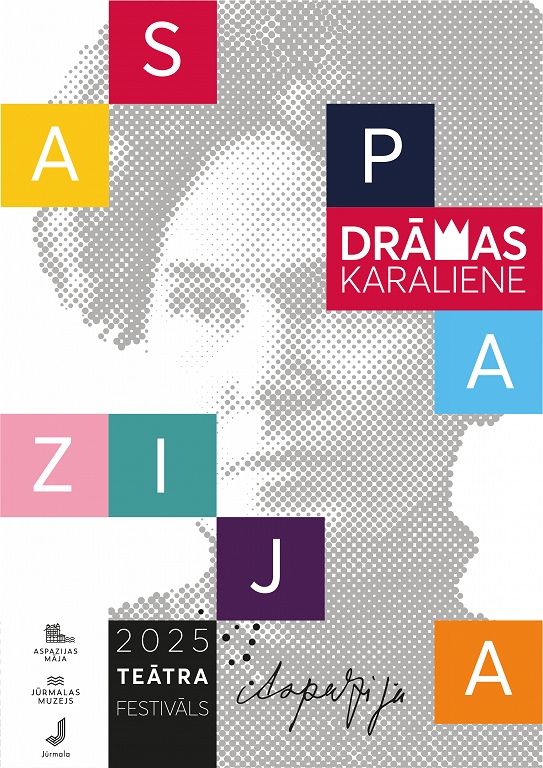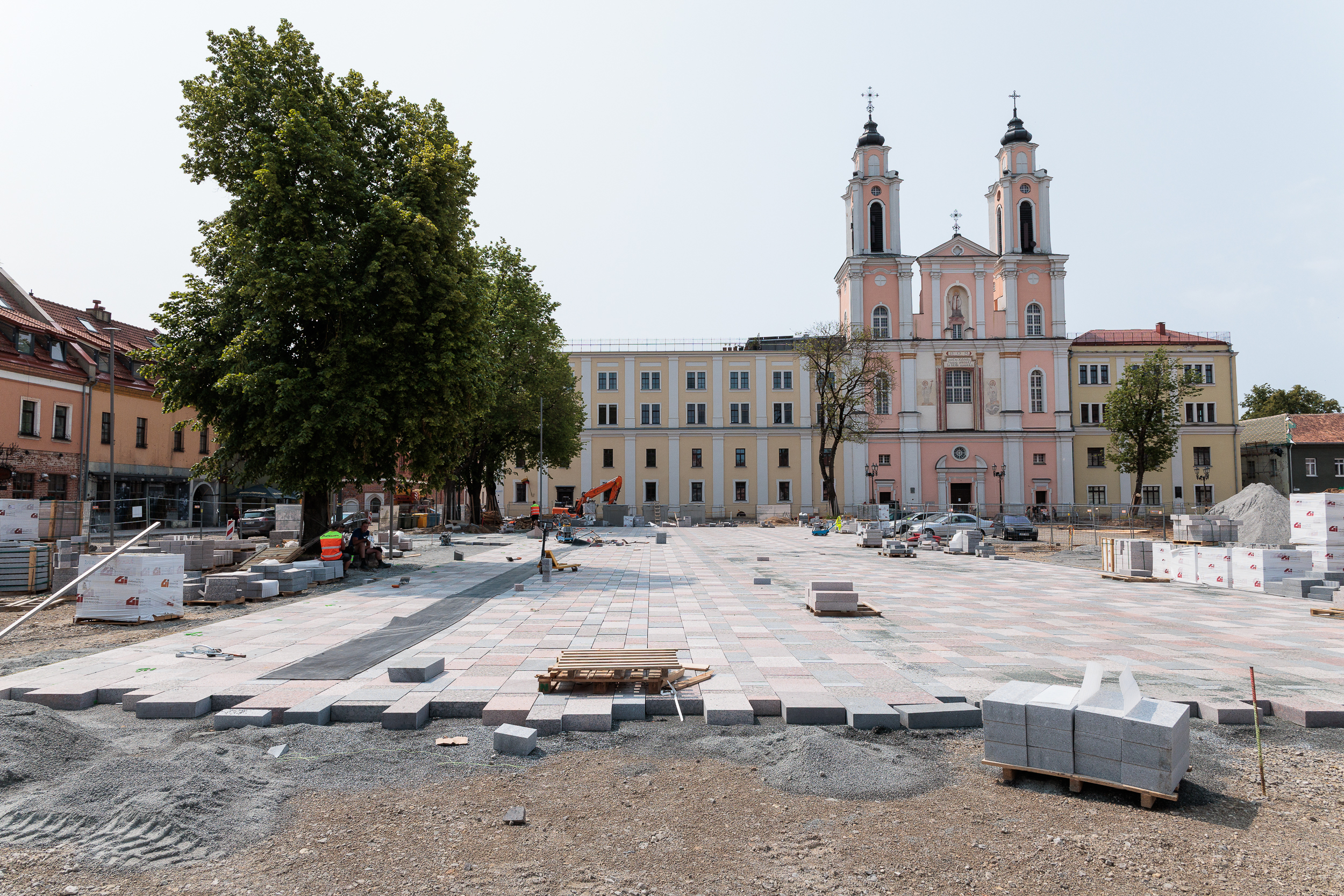Captain in the right port – THE NEWS

Every sport has its temples. In football, it is Camp Nou or Anfield. In basketball, Madison Square Garden. In sailing, the temples are not built, but are shaped by water and wind. In Greece, if there is such a « temple », this is Piraeus. And, if there is a club that has made the sailing part of his athletic soul, this is Olympiacos.
To put it differently: If you live in Piraeus and born with even a dim interest in sports, Olympiacos is something like a natural law. Not necessarily because you choose it, but because it’s everywhere. In the scarves in the squares, in the slogans on the walls, in the language of the world around you.
If there is a reason that Hadjipavlis and Boudouris have succeeded, beyond the ability, luck and perseverance, this is Olympiacos
Elias Chatzipavlis and Tasos Boudouris, two athletes who made Greece proud in sailing, come from this school. The school that not only produces athletes but legends. And maybe this explains something deeper about how one survives in a sport that depends on factors that cannot control. 

The paradox
Sailing is not like football or basketball, where power and speed are the final regulators of success. It’s not even like chess, where everything is based on strategy. Sailing is an endless puzzle where every decision depends on something unpredictable: the wind.
Elias Hadjipavlis knew this well in 1972, when, in the Finn category, he managed to get the silver medal at the Munich Olympics.
The races were held in Kiel, with the participation of 35 vessels. Hadjipavlis, though considered an underdog, started dynamically, maintaining the first place until the fourth race. However, in the fifth race, due to the weakening of the wind, he finished out of time, which threw him in second place.
In the last race, he needed a place in the top ten to secure the medal. He finished seventh, winning the silver medal, behind the French Serge Maury and in front of the Soviet Viktor Potapov.
This success was a milestone for Greek sailing, highlighting Hadjipavlis one of the leading athletes of his time.
What the simple viewer does not understand is that the second place in an Olympic sailing match does not mean that you were « almost first ». It means you were better than dozens of others who had the same chances, but made the wrong decisions. It means you made fewer mistakes than everyone else, except one.

Identified with the sea and Olympiacos Tassos Boudouris
Hadjipavlis was a flagship of the Greek mission at the Moscow Olympics in 1980. He also won a bronze medal at the Finn European Championship in 1974, a bronze medal at the Star World Championships in 1981, a bronze and two silver medal.
Hadjipavlis had a unique gift: he could read the wind, not as a natural phenomenon, but as a language. As something he could interpret, understand and, within a limit, to exploit. And so, he became the first big sailing hero of Olympiacos.
Tasos Boudouris, on the other hand, had something different: he was obsessed.
If Hadjipavlis was the sailor who managed to find the perfect time to reach the podium, Boudouris was the man who never stopped chasing it.
Some are born for sports where victory is immediate, tangible, fast. A goal, a knockout, a final 100 -meter sprint. And then there are those who choose (or rather, are selected by) sports where success is indefinite, something that comes slowly, excruciating, almost existential.
Tasos Boudouris belongs to the second category. Six Olympics. Think about it. Six times you are in the top sports scene, to compete, to wait for the wind, the wave, the perfect moment. Last 24 years of career in a world moving with winds and with a grading system that no one outside sailing can really understand.
Bronze in Moscow in 1980. A moment when, on paper, is the climax. But for Boudouris, success has never been instant. It was something that was being built, piece-piece, regatta after regatta, like an eternal trip to a sea that never ends.
Boudouris didn’t win because he had the ultimate physical condition. He won because he never gave up.
The return
But no life dedicated to sport is without a price.
In 2020, Boudouris had a serious car accident. His machine crashed, and he fell into a coma. Suddenly, the athlete who had survived storms at sea, who had fought with the wind and the waves, had to fight his most difficult battle.
And, in the way that only people like Boudouris can do it, he returned.
Because this is the most basic lesson taught by sailing: it doesn’t matter how many times the wave will throw you. It matters if you can keep sailing.
If there is one reason that Hadjipavlis and Boudouris have achieved, beyond the ability, luck and perseverance, he is Olympiacos.
Not as a mere club, but as a whole culture. Olympiacos was not just their team, it was the framework in which they were formed. An organization that, more than anyone else in Greece, taught its athletes that success is not only the end result, but the mentality.
It is the idea that it doesn’t matter if the fight is difficult, if the opponent is strong, if the chances are against you. It is important to keep fighting.
And this is something that sailing, like Olympiacos, knows better than anyone.
Elias Hadjipavlis stopped his racing career in 1988. Boudouris, despite accidents and challenges, is still close to sailing
Does not end
Elias Hadjipavlis stopped his racing career in 1988. Boudouris, despite accidents and challenges, is still near sailing.
But, in fact, their story never ends.
Because whenever a young child goes up in a sailboat, every time a boat with the Olympic brand comes out to the sea, their story continues.
The sea, like legend, never stops.

